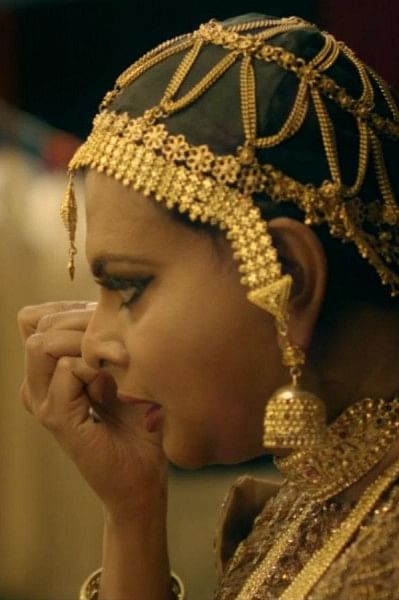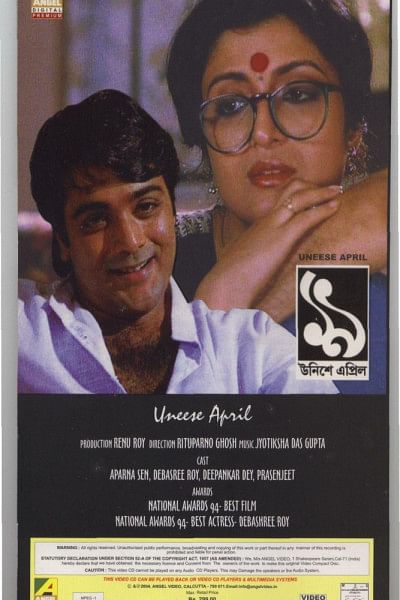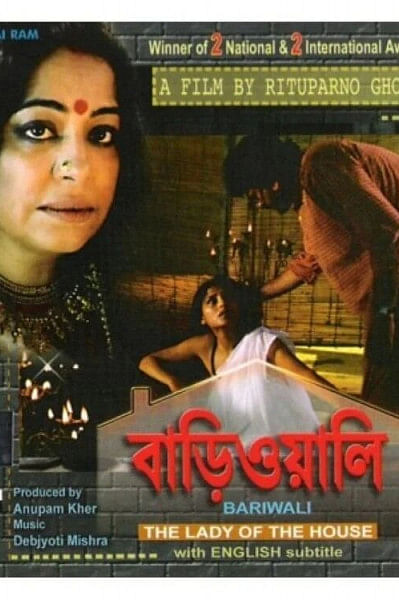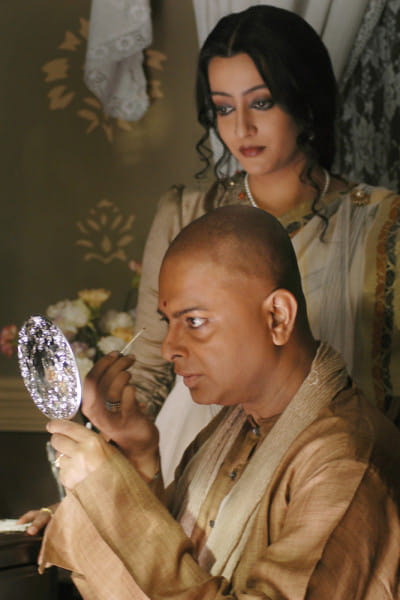A decade without Rituparno Ghosh

Rituparno Ghosh, a name that resonates with brilliance and creativity, forever etched their mark on the Indian film industry. A master storyteller, Ghosh challenged societal norms and explored complex human emotions through their thought-provoking narratives.
In essence. Rituparno identified themself as a Bangali- referring to the language as an identity, that does not have pronouns or the verbs do not reveal the sex of the denoted. Similarly, in order to address the late director, the terms they/them will be used in accordance to their identity. Although unspecified in media, the book "Rituparno Ghosh: Cinema, Gender, and Art" uses hir/zie pronouns in certain chapters when talking about Ghosh and he/him/his in others.

Born on August 31, 1963, in Kolkata, Rituparno Ghosh displayed their artistic prowess from a young age. They developed their abilities in visual storytelling while working as a creative director for an advertising agency before starting their career in films. They eventually made their transition to filmmaking, and the release of their debut film, "Hirer Angti" in 1992, signaled the start of an extraordinary career.
Ghosh possessed a unique ability to capture the intricacies of human relationships, delving into the complexities of love, sexuality, and gender identity. Their films challenged societal taboos and questioned traditional norms, often exploring themes that were considered unconventional. Through their lens, they fearlessly confronted social stigmas and shed light on the struggles faced by individuals battling societal constraints.

"Unishe April" (1994) was a defining film in Ghosh's career. It garnered critical acclaim and won the National Film Award for Best Feature Film. The movie centered around a strained mother-daughter relationship and delved into the emotional turmoil of its characters, leaving a lasting impact on audiences. Ghosh's ability to depict human emotions with authenticity and depth earned them numerous accolades throughout their career.
"Bariwali" (1999) is another captivating film that delves into the life of a middle-aged woman named Banalata, who lives alone in her ancestral mansion. The narrative takes an intriguing turn when a film crew arrives at the mansion to shoot a movie. Banalata becomes emotionally attached to the crew and develops a deep connection with the film's director. Through Banalata's character, Ghosh explores themes of loneliness, longing, and the blurred lines between reality and fantasy. "Bariwali" garnered critical acclaim for its sensitive portrayal of a woman's emotional journey and the complex dynamics of human relationships.

Another notable film that propelled Ghosh into the international spotlight was "Chokher Bali" (2003). Adapted from Rabindranath Tagore's novel, it showcased their impeccable storytelling skills and their adeptness at showcasing literary works to the silver screen. The film received acclaim for its delicate depiction of the feminine desire and the complexity of human relationships.
Ghosh's collaboration with acclaimed actress Aishwarya Rai Bachchan in "Raincoat" (2004) further solidified their reputation as a filmmaker of substance. The film, a poignant tale of lost love and nostalgia, received widespread critical acclaim and showcased the director's ability to evoke profound emotions in his audience.

Ghosh fearlessly tackled taboos and addressed social issues through their films. They defied conventions and pushed boundaries by delving into themes like sexuality, gender identity, and societal expectations. Ghosh's films brought these topics into mainstream consciousness, sparking conversations and challenging long-held prejudices. By shedding light on these issues, they played a crucial role in initiating social change and promoting inclusivity within the film industry.
Rituparno Ghosh tragically passed on May 30, 2013, at the age of 49, leaving behind an immense void in the world of Indian cinema.

 For all latest news, follow The Daily Star's Google News channel.
For all latest news, follow The Daily Star's Google News channel. 








Comments